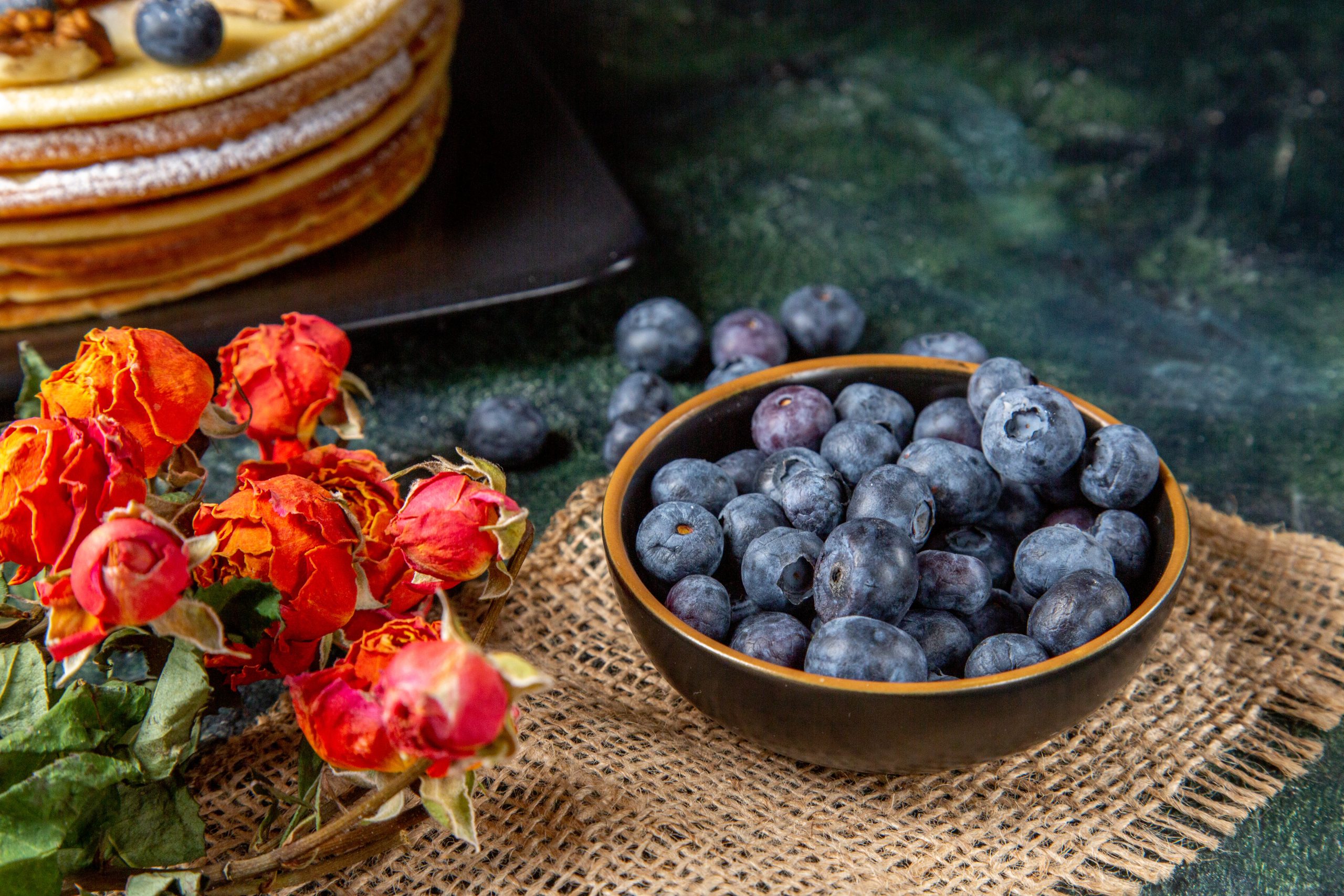Healthy diet for hypertension and kidney disease

Healthy Diet for Patient
Studies have found that about 10% of the world’s populations suffer from kidney diseases and hypertension. Uncontrolled blood pressure and sugar levels can cause a risk to kidney functions. Before jumping to the solutions, it is important to acknowledge the how, what, and why of the problem.
What is Hypertension and Kidney Disease?
Hypertension or high blood pressure is a condition when there is an increase in the amount of force that blood placed on the blood vessels while flowing in the body.
Kidneys are powerful organs responsible for filtering waste products, regulating blood pressure, producing urine, and much more. Do you know how hypertension is connected with the kidneys and the problems related to it?
Ways in which hypertension affects the kidneys:
High blood pressure can narrow the blood vessels, causing damage and weakening of the body’s kidneys and overall health. It can narrow the blood vessels reducing the blood flow in the body.
Damage in the kidney’s blood vessels can restrict them from working properly, which can stop your kidneys from removing the body’s wastes.
If your body stores the extra fluid in the blood vessels, it can shoot up the blood pressure, which can pose a dangerous threat to your kidneys, even resulting in kidney failure.
What are the warning signs of high blood pressure and kidney disease?
A few health problems don’t present the symptoms, and high blood pressure is one of those. In very few cases, it can cause headaches.
People with kidney diseases, too, don’t have many symptoms in the early stages, but as it gets worse, people start getting swelling in feet, hands, face, or legs. The symptoms may also include loss of appetite, nausea, muscle cramps, chest pain, sleep problems, or itchiness on the body.
It is important to treat the problem and boost immunity while staying healthy. Understanding the importance of a healthy diet for hypertension patients and the need for adequate food for kidney disease patients is essential to head on the path to good health.
What makes a healthy diet for hypertension and kidney diseases?
Eating a healthy and balanced diet can regulate blood pressure in the body. Monitoring the quantity of sodium in your diet is important for a healthy diet plan. You may consider consulting the doctor to follow the Dietary Approached to Stop Hypertension (DASH) plan.
A healthy diet for hypertension patients includes plenty of fruits, vegetables, whole grains, and other food required to keep the heart and kidneys healthy. Good food for kidney diseases and hypertension includes less fat and cholesterol, low-fat milk, foods rich in nutrients, protein, and fiber.
Avoid foods and beverages that are high in sodium if you are a kidney disease then visit patient care services. Regulate the quantity of protein intake as high protein consumption might cause kidney functions to decline faster. People with advanced chronic kidney problems may need to consult a professional to alter the diet plan accordingly. Try to limit fruits such as bananas, oranges, potatoes, and increase the intake of apples, berries, and grapes.
You should always consider heart-healthy and low-sodium meals if you have a hypertension problem. Quitting smoking, reducing alcohol consumption, taking enough sleep, and following the medication plan can also help keep the blood pressure in control. You should also have care of elderly in such a situation.
Studies have shown that the DASH diet improves health by lowering blood pressure, reducing the risk of heart disease, and kidney diseases.



